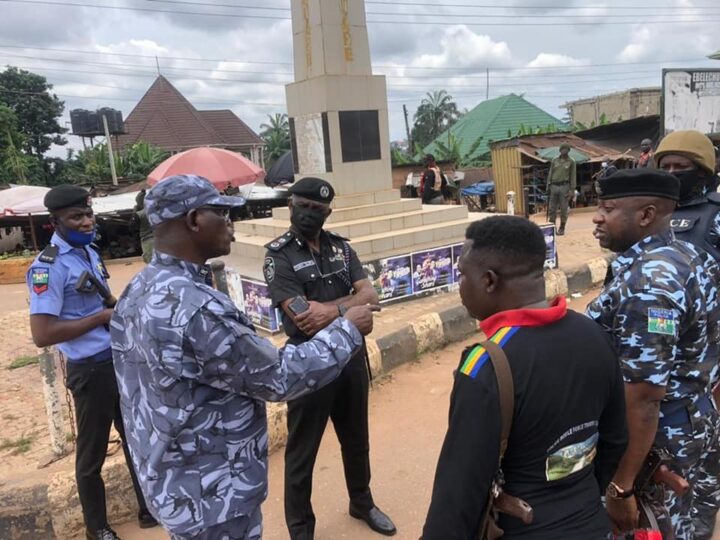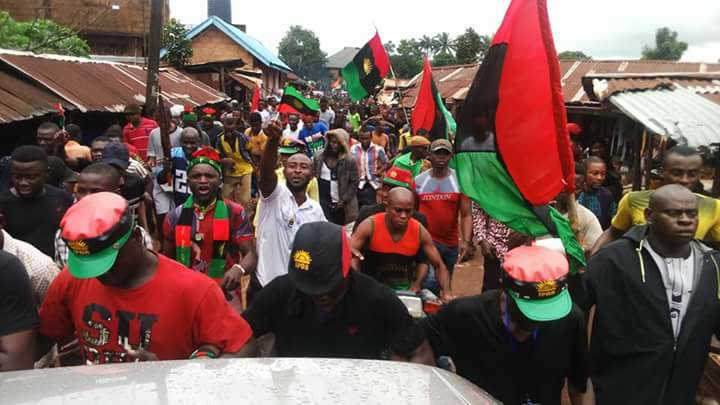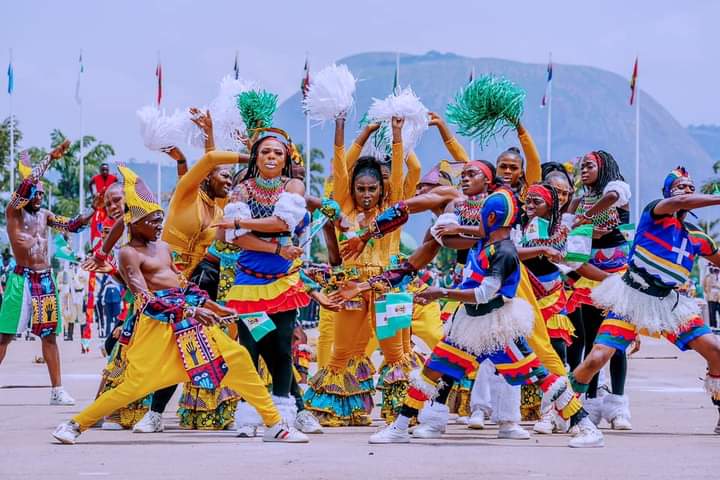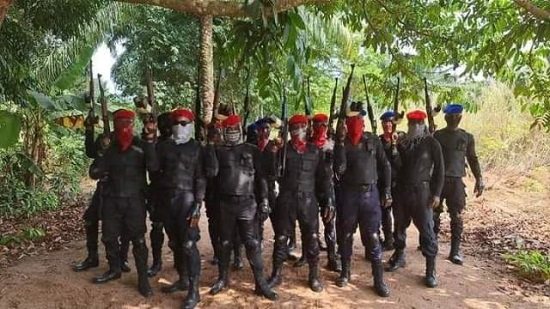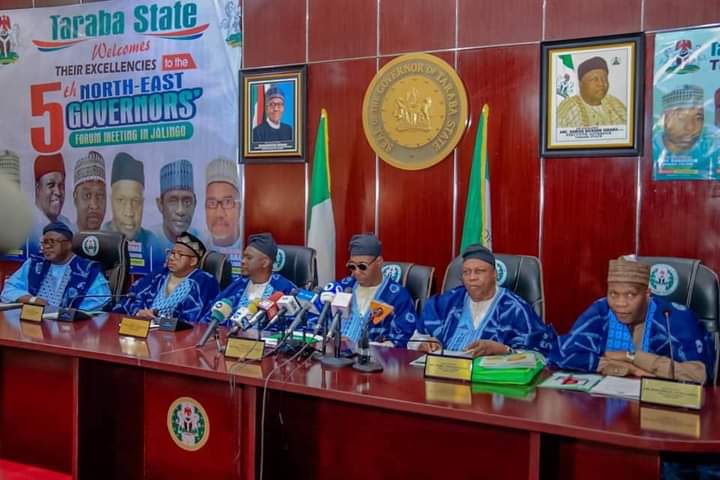It can be a pain to see a good story and see the end of that story receding inexorably. In September 2009, former ITU Secretary General, Dr. Hamdoun Toure, after featuring in an interview session at AIT studios on Kpaduma Hills, Abuja, was enthused about the state-of-the-art broadcast equipment he saw, and readily compared them to what was available in some of the most advanced studios in parts of Europe. He never imagined that an African private broadcaster could gather such rich assortment of equipment.
In a material published in the ITU News of January-February 2010, Toure observed that with what he saw at AIT – OB Trucks broadcasting High Definition Television signals and heavy investment in studio equipment, AIT was not only ahead of the digital switchover (DSO) process which should have ended in Nigeria in 2015, but could boast of better equipment than some television houses even in the most advanced west.
“The firm is already digitally compliant, far ahead of the country’s switchover date,” Toure observed inside the main studio.
At the time, DAAR was priming up its equipment, ready to host the world on behalf of Nigeria as FIFA Host Broadcaster for the Under 17 soccer Fiesta. The organization could readily boast of more sophisticated broadcast equipment than South Africa which was to host the FIFA World Cup from June to July, 2010. This writer was in South Africa in early 2010 where the country made a presentation to delegates from African countries.
Advertisement
It was a very big thing to Hamadoun Toure that as the ITU Sec-Gen, a broadcast station from the continent was on the frontline of those that would lead the journey away from Analogue to Digital platform. That unfortunately has become wishful thinking as Nigeria is not any closer to the conclusion of the journey which began in 2006.
As the National Broadcasting Commission (NBC), takes its digital migration journey to Kano this month, it is gladdening that there is a little stirring in a sector that was becoming uncomfortably complacent but the question should be asked whether enough is being done by the relevant authorities to take DSO to a determinate end?
As it is, the NBC has suffered leadership instability that has obviously impaired its capacity to perform complex responsibilities like the digital switchover.
Advertisement
However, speaking in Kano on September 29, 2021, to the media, a hopeful Mallam Balarabe Shehu Ilelah, Director-General of the NBC, assured that the Commission, the driving government agency for the project, working closely with the Ministerial Task Force on DSO and Digiteam, the implementation Committee has shown commitment to the transition through the implementation of several critical requirements of the DSO.
“Let me sincerely commend all the stakeholders who are working round the clock to ensure the success of the transition from analogue to digital television across the country. The Signal Distributors, the Set-Top-Box manufacturers, the Digiteam, the Middleware providers and indeed all stakeholders who have all been pulling all the stops to ensure that the DSO train continues unimpeded on its journey across the country.”
Ilelah listed all the good things that a completed DSO process could deliver – good television signals, rich entertainment, good jobs and fertile creative environment, among others, which Nigerians will soon begin to experience.
Much as one would continue to goad him on the path of success, his optimism wears the verisimilitude of a seed placed in a carefully sealed bottle, which is transparent enough for all to see but with difficult access to it. Lots of optimism in dire straits.
Advertisement
This writer is pained to point out, as always, that the NBC is not in charge of the DSO process, unfortunately. The Ministerial Task Force set up by this administration, which should actually wield less power than the Digiteam set up by former President Goodluck Jonathan, is in charge, even to the point of paying bills. Such action has little respect for the NBC which has its independence ingrained in the Broadcast Act (CAP N11, Laws of the Federation of Nigeria, 2004).
It is my humble observation that the DSO process is too important for the kind of things happening in the broadcasting industry, of individuals wielding such enormous powers as to invalidate the huge gains that should accrue to the nation from expanded broadcast activities, and telecommunications spectra gains. What the country needs is a clear statement of intent from the NBC, a bankable one for that matter.
If we have lost the DSO leadership and drive in Africa, we can at least learn from another country which is moving at snail speed but yet able to articulate a position. South Africa has set March 2022 as terminal date of analogue television switch off, having made substantial progress in migrating some parts of the country from analogue to digital, according to media reports. President Cyril Ramaphosa had given a clear direction in February by setting a March 2022 deadline, and a Cabinet briefing recently, demonstrated that the regulatory authority, ICASA, and the Communications Ministry were working towards the target.
While one would point out that both Nigeria and South Africa have failed to provide leadership in managing the DSO process in Africa, the case of Nigeria could get more embarrassing except the government urgently dispenses with shadowing figures manipulating the process, and charge the NBC to get to work immediately. A clear action plan with measurable targets is needed to convince the nation that the DSO exercise will not last forever. There has to be something more tangible to hold on to, beyond the number of set top boxes available in the market which is far beneath the 27.5m estimated TV homes in the country. The NBC has to demonstrate that the DSO process is not too complex for the regulator to handle.
Advertisement
Views expressed by contributors are strictly personal and not of TheCable.
Add a comment


